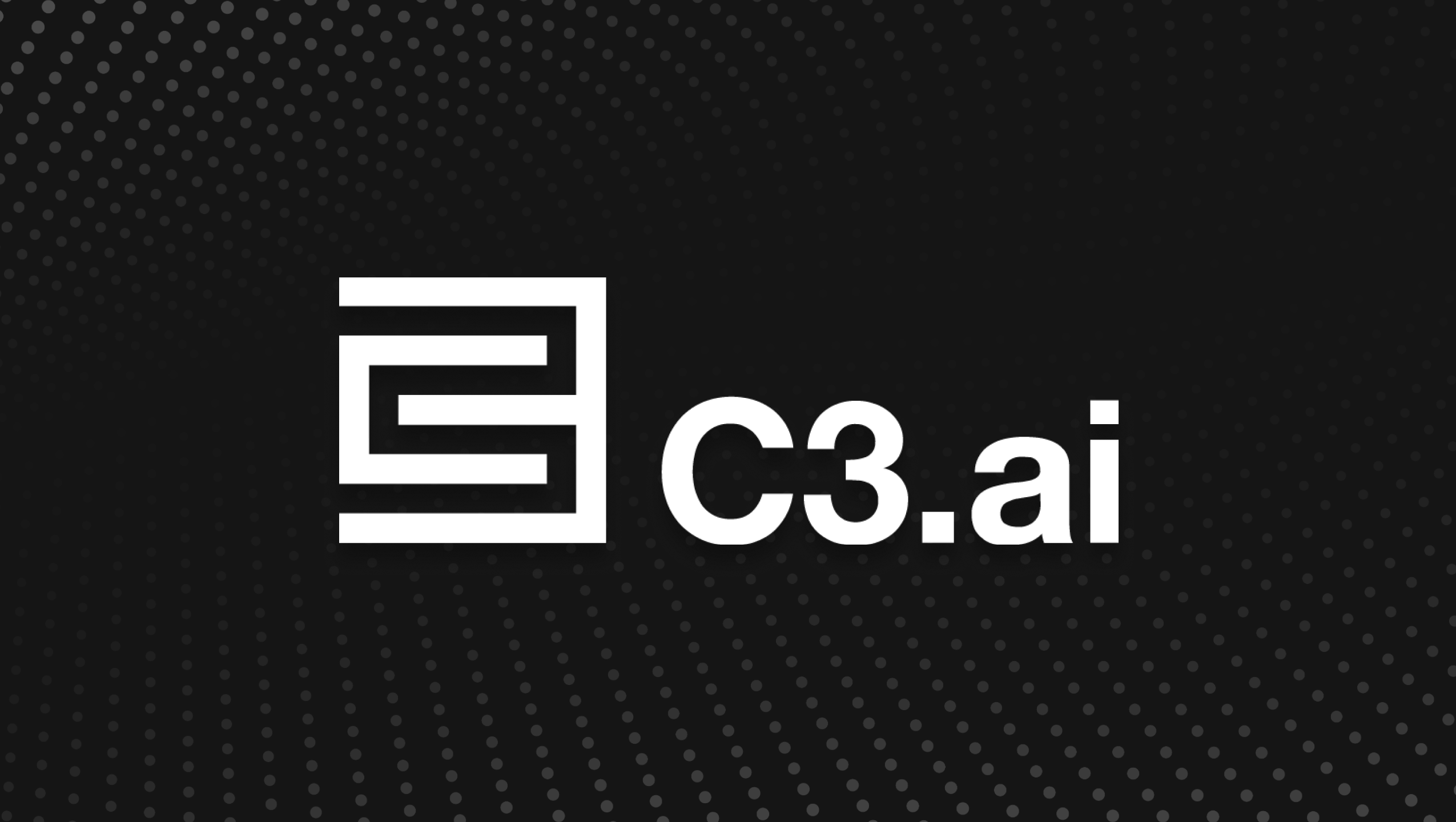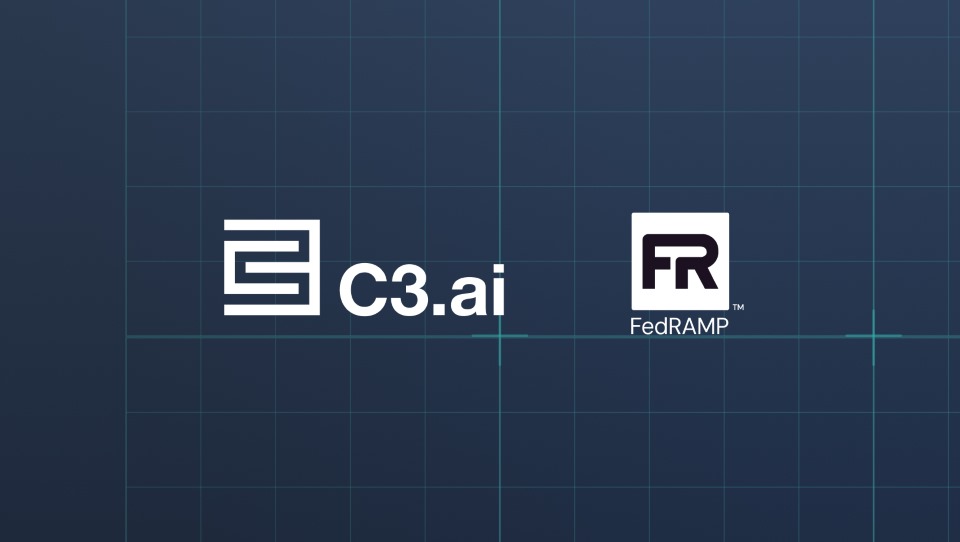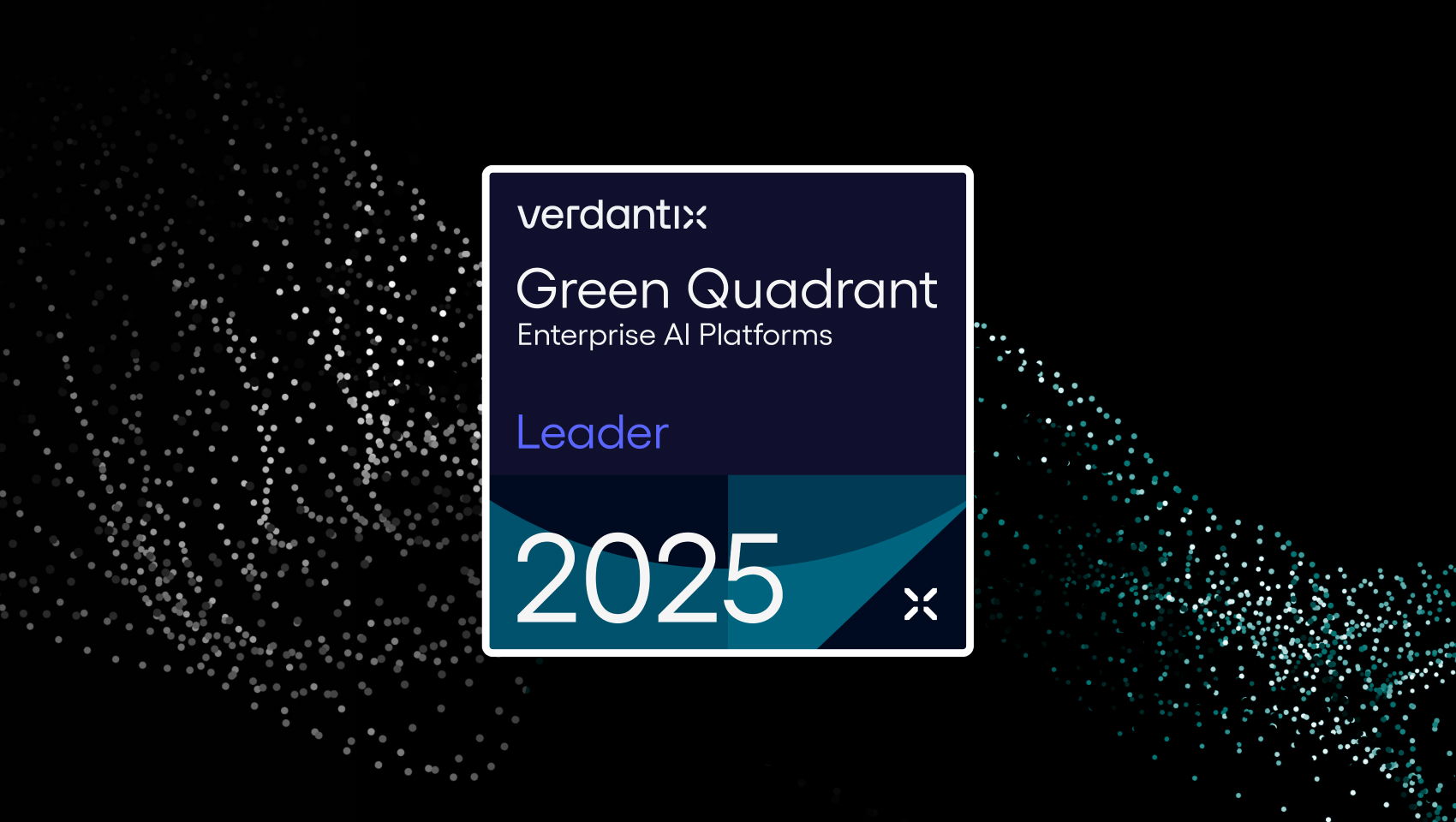URBANA, Ill. and BERKELEY, Calif. – March 24, 2022 – C3.ai Digital Transformation Institute (C3.ai DTI) today announced the third round of C3.ai DTI funded advanced research awards, focused on using artificial intelligence (AI) to harden information security and secure critical infrastructure.
The Institute awarded a total of $6.5 million in cash awards to leading research scientists at University of California, Berkeley, University of Illinois at Urbana-Champaign, Carnegie Mellon, Princeton, University of Chicago, KTH Royal Institute of Technology, and MIT.
“Cybersecurity is an immediate existential issue,” said Thomas M. Siebel, chairman and CEO of C3 AI, a leading enterprise AI software provider. “We are equipping top scientists with the means to advance technology to help secure critical infrastructure.”
Twenty-four projects were awarded $100,000 to $700,000 each, for an initial period of one year:
AI Resilience: Techniques and methods to enable the development of AI algorithms that are resilient to adversarial attacks
- “High Performance Provably Robust AI Methods for Cybersecurity Tasks on Critical Infrastructure,” (Zico Kolter, Carnegie Mellon University)
- “Scalable, Secure Machine Learning in the Presence of Adversaries,” (John Kubiatowicz, University of California, Berkeley)
- “REFL: Resilient Distributed Cybersecurity Learning System,” (Bo Li, University of Illinois at Urbana-Champaign)
- “Fundamental Limits on the Robustness of Supervised Machine Learning Algorithms,” (Ben Zhao, University of Chicago)
Anomaly Detection: AI techniques, including supervised and unsupervised learning, to provide early detection of system and/or network anomalies that might be indicative of unauthorized access, denial of service, or data exfiltration
- “Continuously and Automatically Discovering and Remediating Internet-Facing Security Vulnerabilities,” (Nick Feamster, University of Chicago)
- “AI Techniques for Power Systems Under Cyberattacks,” (Javad Lavaei, University of California, Berkeley)
- “Physics-aware AI-based Approach for Cyber Intrusion Detection in Substation Automation Systems,” (Alberto Sangiovanni-Vincentelli, University of California, Berkeley)
Advanced Persistent Threats: AI techniques to detect the presence of advanced persistent threats
- “Deep-Learning Detection Algorithms for Advanced Persistent Attacks in Mixed-Autonomy Traffic: Design and Experimental Validation,” (Alex Bayen, University of California, Berkeley)
- “AI Support for Cybersecurity,” (David Wagner, University of California, Berkeley)
Securing Critical Cyber-Physical Infrastructure: AI techniques to secure critical infrastructure against cyber threats
- “Cyber Safety Cage for Networks,” (Cyrille Valentin Artho, KTH Royal Institute of Technology)
- “Security for Large-Scale Infrastructure using Probabilistic Programming,” (Nikita Borisov, University of Illinois at Urbana-Champaign)
- “A Compositional Neural Certificate Framework for Securing Critical Networked Infrastructure,” (Chuchu Fan, Massachusetts Institute of Technology)
- “Democratizing AI-Driven Security Workflows for Critical Energy Infrastructure,” (Vyas Sekar, Carnegie Mellon University)
- “Semantic Adversarial Analysis for Secure Critical Infrastructure,” (Sanjit Seshia, University of California, Berkeley)
Forensics: AI forensics and attribution techniques to identify sources of attacks
- “Causal Reasoning for Real-Time Attack Identification in Cyber-Physical Systems,” (György Dán, KTH Royal Institute of Technology)
- “Statistical Learning Theory and Graph Neural Networks for Identifying Attack Sources,” (H. Vincent Poor, Princeton University)
“Robust and Scalable Forensics for Deep Neural Networks,” (Ben Zhao, University of Chicago)
Securing Emerging Financial Infrastructure: AI techniques to identify attacks on emerging decentralized financial and business infrastructure
- “An Intelligence Platform for Better Security in Decentralized Finance,” (Dawn Song, University of California, Berkeley)
- “Blockchain Forensics,” (Pramod Viswanath, University of Illinois at Urbana-Champaign)
Vulnerability Identification: AI techniques to identify previously unknown malware, ransomware, and zero-day vulnerabilities, enabling isolation and neutralization
- “GAN-Aided Automatic Test Case Generation,” (Giulia Fanti, Carnegie Mellon University)
- “Machine Learning for JavaScript Vulnerability Detection,” (Corina Pasareanu, Carnegie Mellon University)
Insider Threats: Change management techniques to prevent the weaponization of innocent and malicious insiders
- “Protecting Critical Infrastructures Against Evolving Insider Threats,” (Carl Gunter, University of Illinois at Urbana-Champaign)
- “Multi-Facet Rare Event Modeling of Adaptive Insider Threats,” (Jingrui He, University of Illinois at Urbana-Champaign)
- “AI-Supported Nudging for Cyber-Hygiene,” (Cedric Langbort, University of Illinois at Urbana-Champaign)
Award Criteria
C3.ai DTI selects research proposals that inspire cooperative research and advance machine learning and other AI subdisciplines. Projects are peer-reviewed on scientific merit, prior accomplishments of the principal investigator and co-principal investigators, the use of AI, machine learning, data analytics, and cloud computing in the research project, and the suitability for testing the methods at scale. Visit C3DTI.ai to learn more about the Institute’s programs, award opportunities, and selected research proposals.



